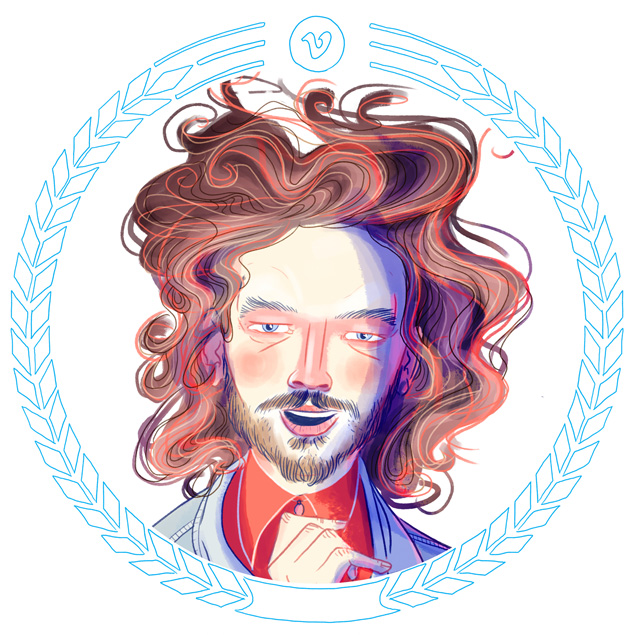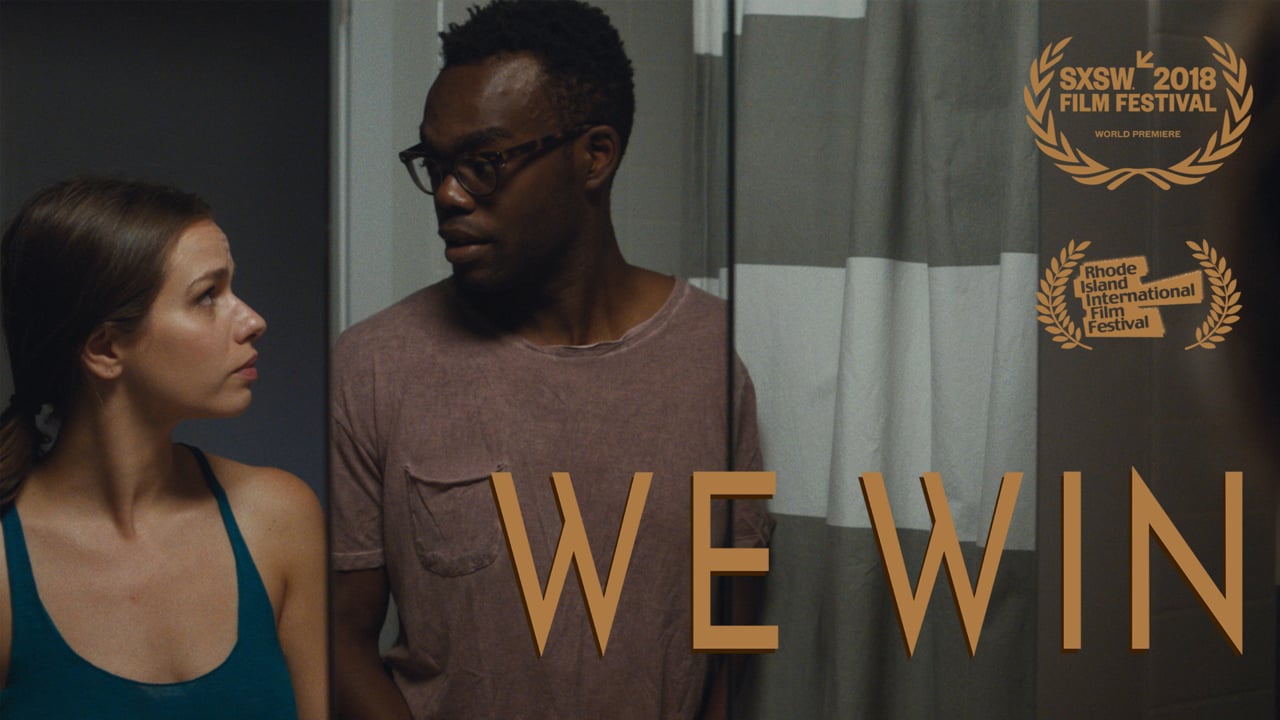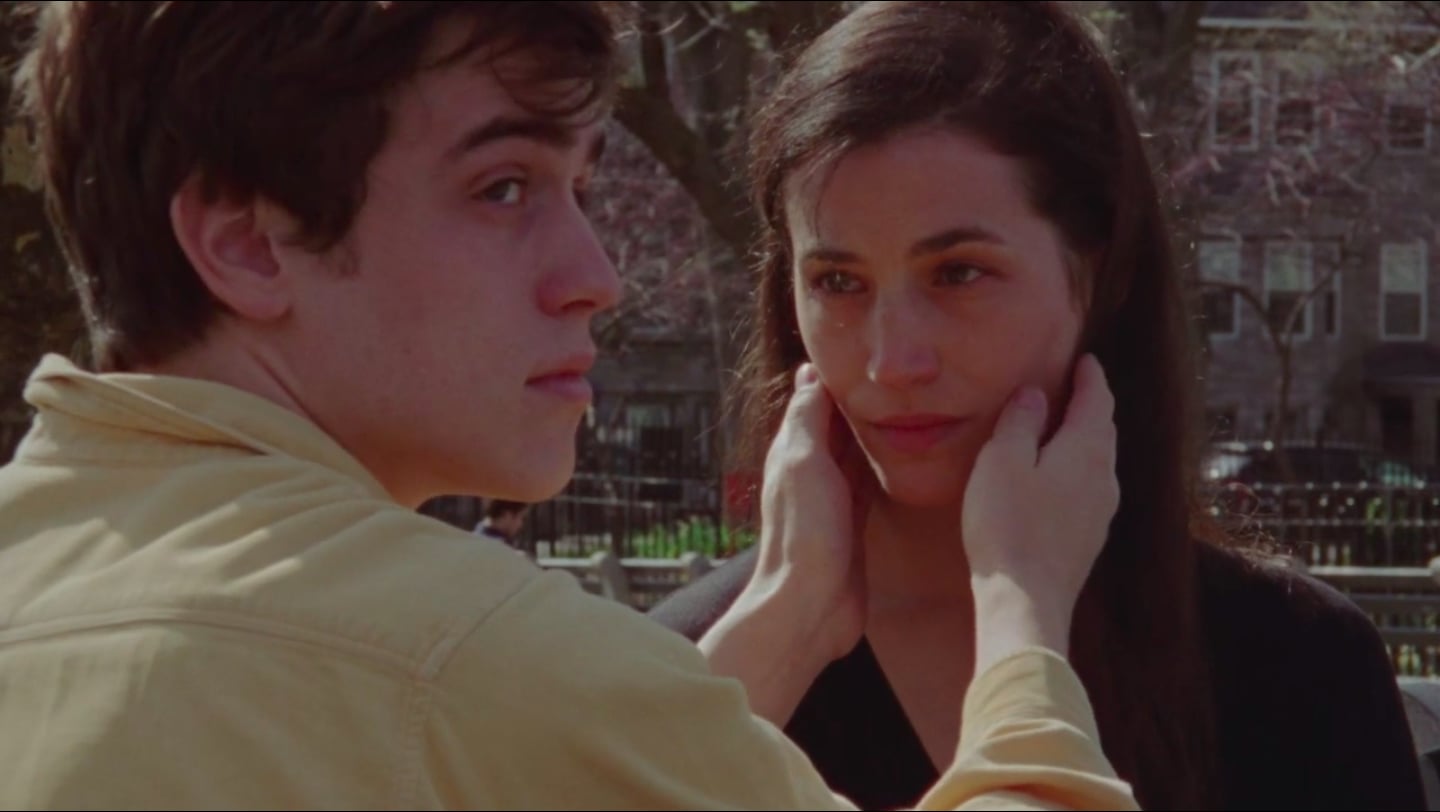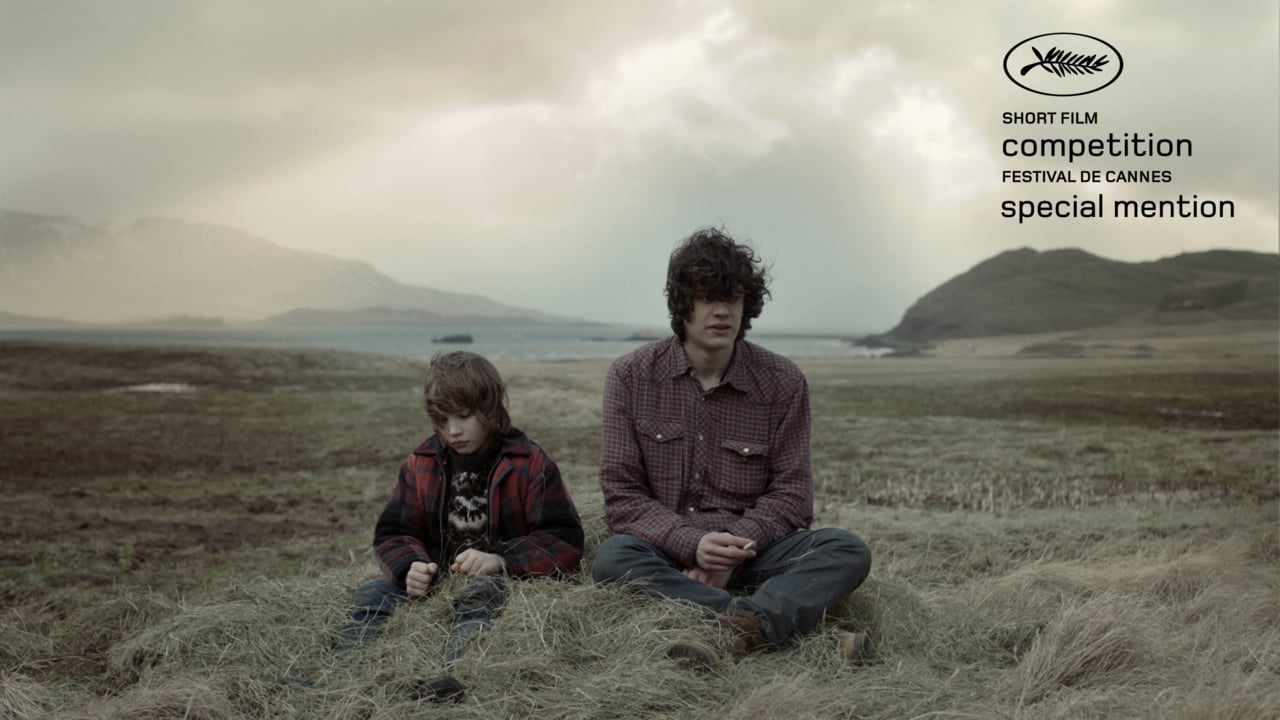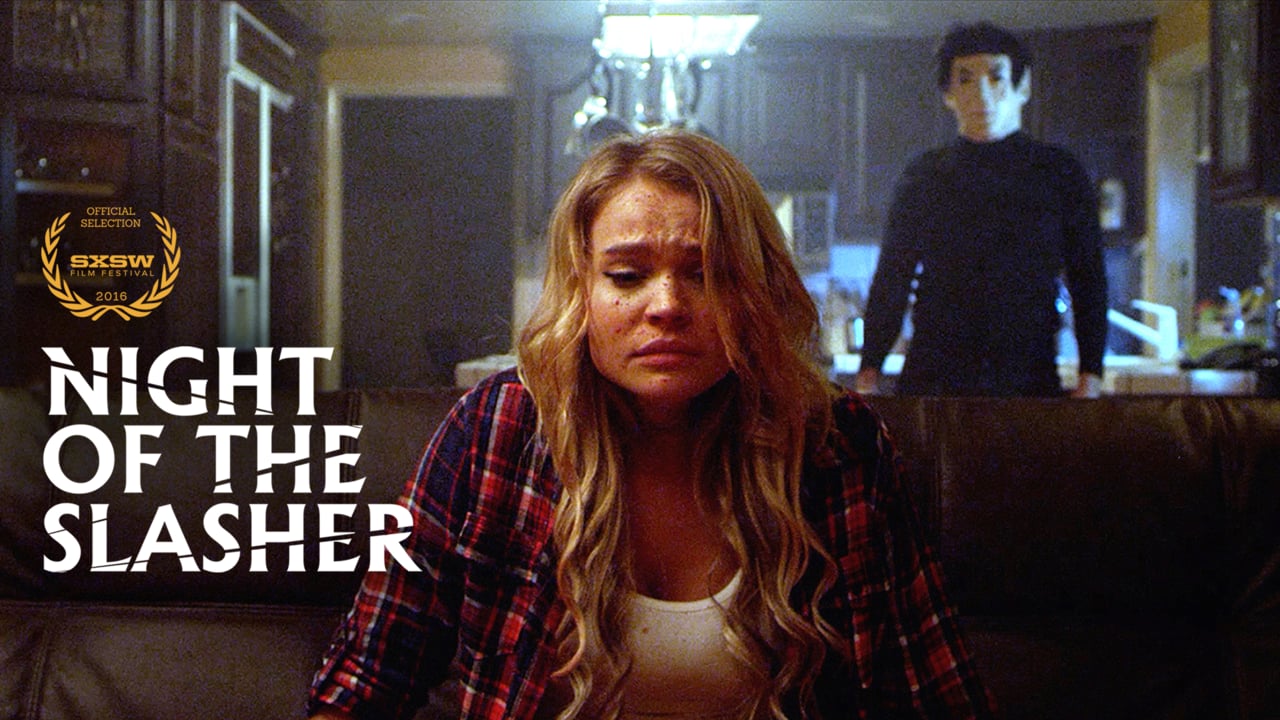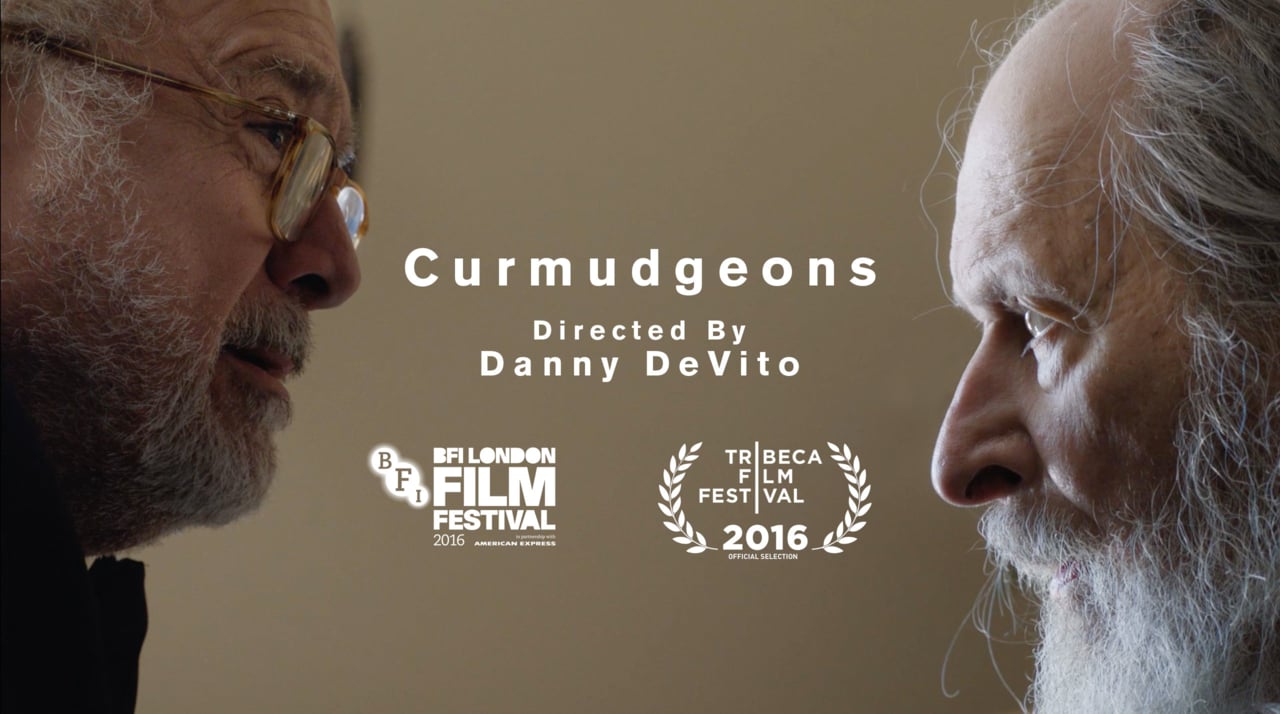The whirling sound of an ambulance siren is synonymous with pain, trauma, and tragedy. As one rushes by me, I can’t help but think about the victim inside. However, in Miguel López Valdivia’s powerful short documentary Burnout, we see that the pain isn’t just felt by the passengers, but the paramedics as well. “Burnout”, the title of the film, refers to the term used to describe the emotional weariness of people working in high-stress situations. This raw, immersive documentary profiles Alejandro Ezquerra Osorio, a young paramedic, as he works the chaotic streets of Mexico City. From gunshots to car accidents, we see firsthand how these tragic instances affect the people who are tasked to handle them day in and day out.
Shot in just one day, Miguel captures the panic and horror the paramedics’ witness and reflects it in the way he films as well — gritty, shaky, and honest. He does not shy away from blood or pain, because it is part of the process and an element of humanity. Burnout is not a pretty film, but as bleak as it may seem, it shows that in the face of all that ugliness there are people who try to make it better.
This film is rated mature and contains images of wounded and dead people.
Vimeo: When I see ambulances I think of the people hurt inside them. What drew you to learn about the people who work in them?
Miguel López Valdivia: I used to think that everyone who chooses to be a doctor was crazy. I didn’t understand why anyone would want to be a doctor, much less a paramedic. It is a profession and lifestyle that I’ve always respected a lot, but could never do. So for me, this was a way of trying to understand the passion that drives them.
Have you ever needed an ambulance before?
No, and I hope to keep it that way.
How did you meet Alejandro Ezquerra Osorio?
We made this short as part of a class exercise in university. When I pitched it, our teacher told us that one of his friends was a paramedic. We talked to him and asked for the contacts of more paramedics. We kept doing that with everyone we met and ended up reaching a lot more than I expected. I had a lot of difficulties defining who our main character was and what was the story about. However, when I met Alejandro it was like love at first sight. I instantly knew he was our character because I could see in him this deep passion that was destroying him emotionally. The reason a lot of paramedics stop caring is that they have to protect their sanity, but Alejandro was different. He kept fighting to stay human and humble despite all of the adversity in order to care about and help complete strangers. I find that not just beautiful, but admirable.
How long has Alejandro been a paramedic? Do you think he’ll continue to do it for a long time to come?
He started in 2009 and he keeps doing it. I think it’s as much a part of him as it is for you or me to watch films. More than his job, it’s his passion, so I don’t think he’ll ever stop.
He is so open with you about his experiences. Did it take long for you to gain his trust or was he open from the start since the nature of his job requires him to not bottle things up?
He was very open from the get-go. I feel that Alejandro is very proud of what he has done and lived. He doesn’t brag about it, but if you ask, you’ll get an answer. However, what you have to do is to ask yourself if you really want to know.
Did the victims or injured parties have any issue with you filming them at such personal and vulnerable moments?
Just one person confronted me and asked me what I was doing. I told her that I was doing a documentary and she started to ask me questions about old-school Mexican filmmakers. At some point, she got bored of me and remembered that she was inside an ambulance and being taken care of, so her attention went back to Alejandro.
Also, in the shooting scene I could hear people noticing that I had a camera, but I also had a vest with the Red Cross on it, so I guess I blended in.
Some of Alejandro’s stories are so horrifying, especially the one about the child whose mother abused him. Did you witness anything that shocked you or even haunts you still?
The shooting is the most shocking thing I’ve ever seen. By far. But it doesn’t haunt me, it’s actually thrilling to talk about it. I can totally understand why they become addicted to adrenaline, there’s simply nothing like that.
But there’s a story that didn’t get into the film because I thought it was just way too much. It was about the only time that Alejandro froze in shock and couldn’t keep working. He had to hand his patient to another paramedic because his body wasn’t responding. To put in the story about the kid and his mother was an internal debate, as was the decision to show or blur the faces of the dead people in the film, but this other story, I instantly knew that I was not going to tell it. It haunts me in a way that makes me appreciate my family and friends a lot more; they’re here, they’re now, and it’s my responsibility to make the most out of the moments we have together because I don’t know what could happen next or how much time I have left with them.
Why don’t you think you could be a paramedic? Is it too much stress for you?
Every time I see blood I feel like I’m going to die. I could keep going in those situations because the camera worked as a shield for me; I know it sounds awful, but the easiest way for me to explain it is that I was so concentrated in the camera that I felt I wasn’t there, but rather in some sort of virtual reality. If I hadn’t had a camera with me I would have probably passed out. So no, I don’t think I’m cut out to be a paramedic.
Has making this film given you a new perspective on life? Whether that’s the fragility of life, the job of a paramedic, or the people that receive their care.
Definitely. Something changes when you get to pick the brain and life of someone like Alejandro. Now every siren that I hear is a reminder that I’m still here, that I should be grateful for not being in that ambulance and that my problems aren’t as big or important as I think they are.
What are you working on now?
I’ve been writing a script that’s in for the second time in the second round of the Sundance Screenwriters Lab, so let’s cross our fingers for that to happen. And also there’s a project that I’ve been working on for a while, part documentary, part fiction, about a young chef who fights with the disappointments of adult life while pursuing his dreams and tries to overcome his first great love. There’s a lot of me in that script and people that I admire are involved so I would love to make that as my first feature. Hopefully, you’ll see it one day.
If you’re interested in premiering your short film as a Staff Pick Premiere, please check out www.vimeo.com/submit for more information.
